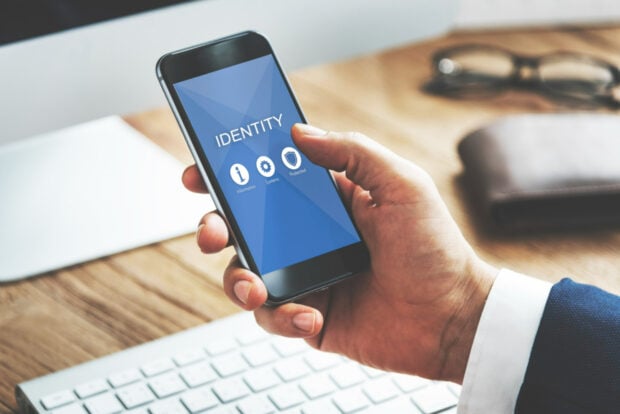India to develop blockchain voting system

The Election Commission of India is to collaborate with the Indian Institute of Technology to develop a blockchain system for voting.
The country’s chief election commissioner, Sunil Arora, made the announcement at the Times Now Summit in New Delhi last week. The electronic voting system, he said, would solve the problem of people being unable to vote because they live or work away from their hometowns, where they are registered.
This has been identified as one of the country’s biggest voting problems. In India’s 2019 general election, a third of the 900 million people eligible to vote did not exercise their right to do so. While India’s election turnout is broadly equivalent to those in many other democracies, the government believes that the need for people to vote where they are registered depresses turnout. The Times of India reported that an estimated 450 million people have moved from their hometowns in search of work, to study, or to be with their new spouse. Many people move temporarily, and do not register to vote in their new place of residence.
“The Electoral Commission is working with the Indian Institute of Technology, Chennai, to develop a blockchain system that will allow voters registered in any part of the country to exercise their franchise even after they move cities,” Arora – who is hopeful the blockchain voting system will be implemented during his tenure – said at the summit.
He also said deliberations on electoral reform with the ministry of law, due to take place on 18 February, would cover a proposal to link voter IDs with Aadhaar, India’s controversial national citizen ID scheme. Privacy and human rights campaigners are likely to be watching these planned reforms carefully, fearful that they could be used to disenfranchise sections of the population: recent changes to citizenship rules have been widely criticised as discriminating against Muslim Indians.
Security concerns
Fielding questions on the credibility of Electronic Voting Machines (EVMs), Arora said that while the machines can “malfunction” like any other electronic device, they cannot be “tampered” with. He said that while the Election Commission is open to constructive criticism, people should refrain from criticising EVMs “for the sake of it” and ruled out the possibility of going back to ballot papers.
Arora’s insistence that blockchain technologies are safe for use in elections is at odds with a June 2019 report in which the California Senate Office of Research said that cybersecurity and election experts “have expressed scepticism, saying the online platforms are no more secure than other online ballots”.
“They are concerned that blockchain addresses only the security of a cast ballot but does not help to authenticate voters or the security of voters’ devices,” the report said. “Others have raised concerns that internet voting systems cannot be audited with a level of confidence comparable to physical polling places.”
Voting has been one of the most-explored use cases of blockchain in many jurisdictions – including in the Indian state of Telangana, which is itself exploring the use of technology in this area and noted in a report that blockchain could create “tamper-proof voting records”.
Several state and local governments in the US are also exploring blockchain technology for voting. According to Bitcoin.com, both West Virginia and Pierce County in Washington state allow certain voters to submit their ballots via an app called Voatz, while citizens in Utah will be able to vote electronically in the US presidential election in November. The government of Chandler, Arizona, has said blockchain “would empower voters that may not otherwise be able to make it to the polls have their voice heard”, and Ohio has also identified blockchain as having applications in elections.
























Before the election of 2019, I was requested to our Government on 28 november 2018 through PMO report card, Election should be done using blockchain technique. Use of virtual id thank our Government and election commission for this step